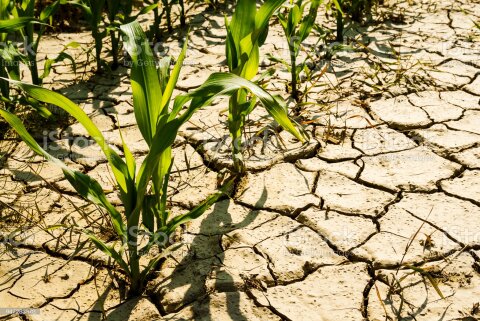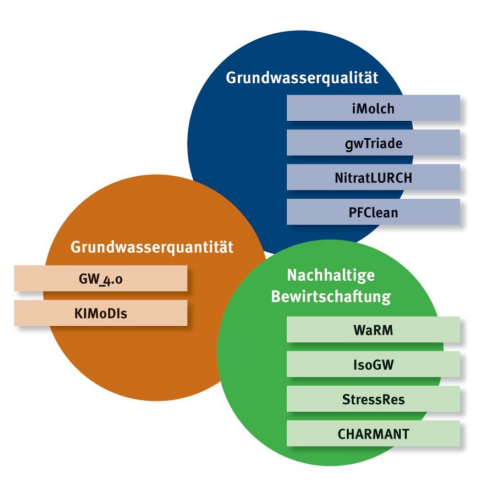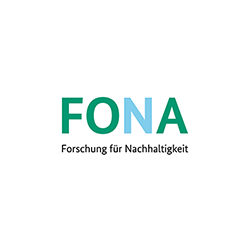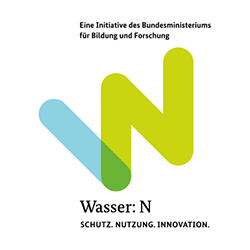
Background
Water is life and the key to sustainable development. International studies show that a large number of regions worldwide are already affected by water stress. In various regions of Germany, especially in Bavaria and Central Germany, a lowering of the groundwater level has already been noticeable for two decades. Even the wet March of this year could not compensate for the drought of the last four years. A drying out of the soils, a lowering of the river levels and a decline in the groundwater level are clearly noticeable.
The good water quality of groundwater depends on an intact ecosystem and its purification function. Unfortunately, the condition of groundwater systems in Germany is being impaired by increasing competition and conflicts over use.
For example, pollutant inputs and overexploitation threaten the quality of groundwater and thus also the health of humans and nature. The aim of the funding measure is therefore to ensure sustainable groundwater management in Germany.Against this background, the Federal Ministry of Education and Research (BMBF) has launched the funding measure "Sustainable Groundwater Management" (LURCH).
Objectives
The LURCH funding measure can be broken down into three overarching themes. These include:
- Quantitative challenges, such as an integrated system understanding of aquifers including all influencing natural interfaces (surface waters, groundwater recharge, saline waters, ...) and all actors/functions (drinking water supply, agriculture and forestry, industry, heat/cold storage, ecosystem functions)
- Qualitative challenges, e.g., material (nitrate, current pollutants, trace substances, pathogens, future regulatory quality parameters), analytical (e.g., non-target analytics, indicators), technological (e.g., in-situ treatment, monitoring)
- Sustainable management challenges, multidimensional and integrated management strategies (e.g., groundwater recharge), economic requirements (e.g., investment/operating costs), and digitization measures
Societal, regulatory, and organizational constraints (e.g., zero pollution).
The focus of the networking and transfer project is to support the successful development, demonstration and implementation of application-oriented solutions in the collaborative projects.
The projects pursue integrated approaches that are oriented toward practical needs and have a high level of participation by companies, associations and public authorities. The transfer of practice is achieved through a multi-channel strategy that enables the involvement of stakeholders from industry, water authorities and other institutions of the municipalities and federal states, and is implemented through specialist events, networks, results materials and further training measures.



